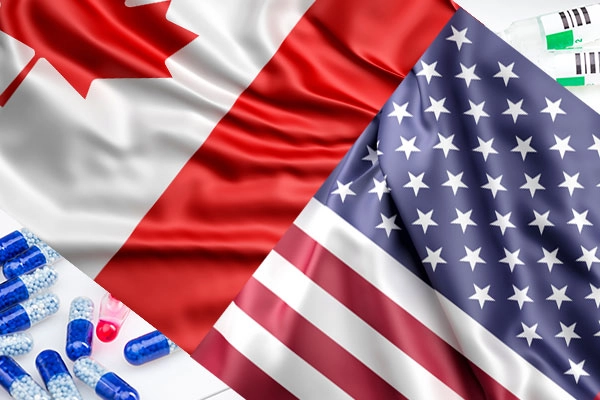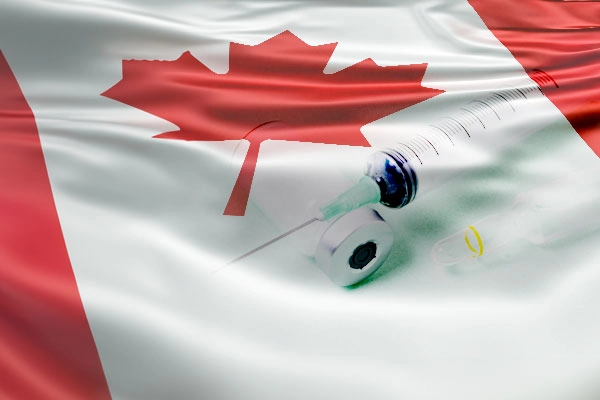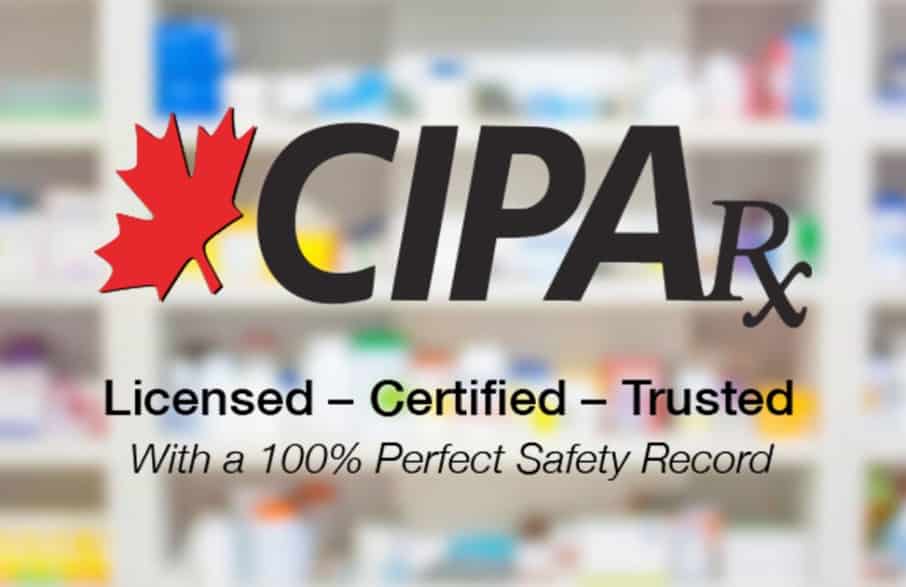More than 80% of Americans believe US citizens should be able to purchase drugs from outside the US, according to a new study by NOP World Health. Canada is the only country, however, that the majority of Americans (60%) view as a safe source of prescription products. Just 30% would feel comfortable buying drugs from Western Europe-and comfort levels drop below 10% for other parts of the world. Only 4% of Americans, for instance, would feel comfortable, if they thought their prescription drugs came from Central America, the Middle East, or Africa.
Canada is the only country, however, that most Americans (60%) view as a safe source of prescription products.
“Based on our findings, we can expect to see more Americans traveling to Canada to buy prescription drugs at lower prices than they can find in the US,” says Andrea McDonough, Senior Director of Market Events for NOP World Health. We also can anticipate that Americans will be scrutinizing Web sites more closely to ensure the prescription drugs they’re buying come from Canada rather than another country. Our results show that although they want to save money-Americans clearly feel there is a safety risk in buying prescription products outside the US if the drugs come from anywhere but Canada. Since our first study in June, consumer awareness of safety issues, such as counterfeit drugs, has risen dramatically, with the Internet, newspapers, and magazines cited as key sources of information.”
Based on our findings, we can expect to see more Americans traveling to Canada to buy prescription drugs at lower prices than they can find in the US.
The desire to save money remains the primary reason Americans are willing to purchase drugs from non-US sources.
A 25% discount seems to be the level that pushes consumers toward considering filling their prescriptions in Canadian, rather than American, pharmacies.
Hypertension, depression/anxiety, and high cholesterol are the classes most vulnerable to importation, as consumers seek to save on their prescriptions.
Although They Support Importation, Few Have Actually Acted Although most Americans support importation, only one in 10 has acted to purchase a drug outside the US.
Most often, those who have bought non-US drugs have either traveled to Canada or ordered Canadian drugs on the Internet.
Legislation may change that picture. Legislated approval of importation will most likely increase the chance that Americans will turn to Canada as a safe and less costly alternative source of prescription agents.
Healthcare Costs Cited as a Critical Issue That Neither Candidate Is Addressing Effectively
Although most Americans support importation, only one in 10 has acted to purchase a drug outside the US
Consumers continue to cite healthcare costs as a critical issue, with the vast majority believing the situation has worsened over the past 5 years.
Most blame pharmaceutical manufacturers and insurance companies for increasing prices and also point fingers at the government and elected national officials.
“Spiraling healthcare costs will be an important topic in this year’s election,” says McDonough, “but neither candidate has an advantage in this area.
A slightly higher percentage of Americans see John Kerry as more concerned about healthcare costs than George Bush-but a third don’t see either one as having an edge on healthcare cost issues.” More Than 200 Consumers Share Their Views on Importation.
Most blame pharmaceutical manufacturers and insurance companies for increasing prices and also point fingers at the government and elected national officials.
NOP World Health collected its information on drug importation and re-importation from 203 consumers, between 18 and 65 years of age.
Data was gathered via self-administered Internet surveys from August 26 – 31, 2004. The surveys provided an update to NOP World Health’s June 2004 research on consumer perceptions of re-importation. The project is part of NOP World Health’s Event Flash (TM) program, which collects fast insights into key market events.







